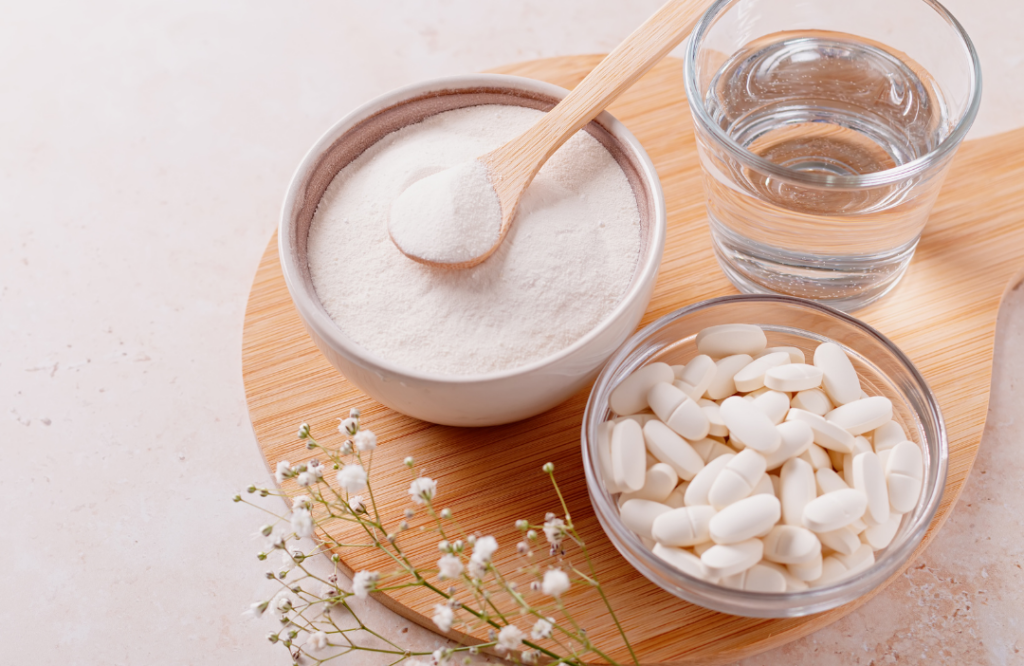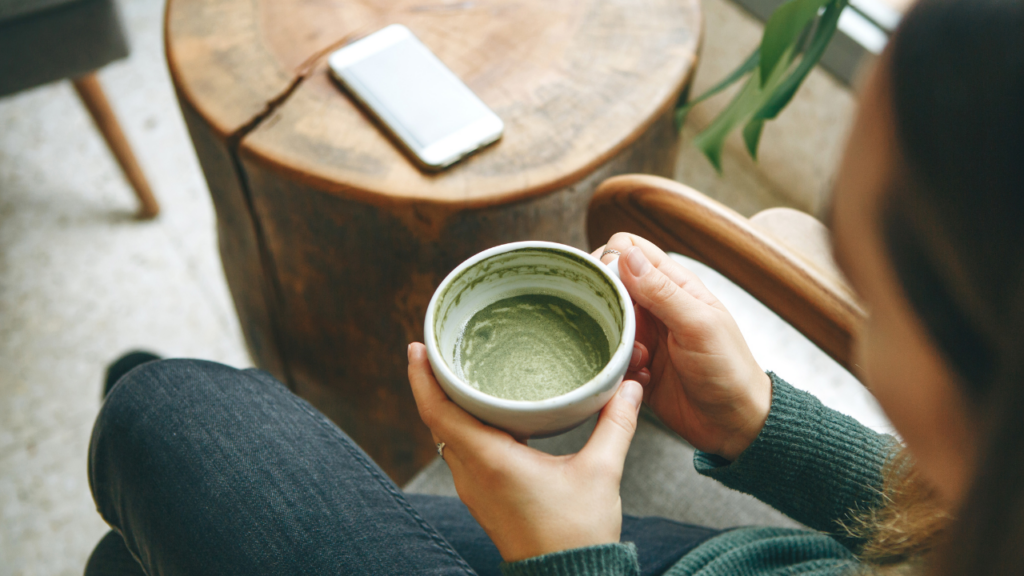Thriving Under Stress
Published on May 5, 2021 by Dr. Caitlin Gordon
 Your expectations for yourself need to change based on the demands of your life.
Your expectations for yourself need to change based on the demands of your life.
I’ve spoken with several clients and friends recently who were beating themselves up for missing deadlines, workouts, canceling plans, bingeing netflix, etc.
In every case, the human needed a break because of increased demand on them emotionally, physically, or spiritually.
It is unfair to expect yourself to perform at the same level when you are grieving as when you are in love, or as a woman, during the luteal phase of your cycle versus the follicular phase.
There are a thousand tangible and intangible factors influencing your capacity to show up for your life, and this capacity is always in flux.
Your needs are also going to shift in response to the physical, emotional, and spiritual demands of any given day, week, or month. The self-care routine that had you thriving 6 months ago is likely not the same one you need today.
Allowing our expectations for ourselves to be fluid and adaptable is going to relieve a lot of self-judgment and self-imposed stress.
I do it too! I forget that the death of my dog is going to impact my capacity to hold space at work or be a support system for my friends. I forget that during ovulation I often feel exhausted, and it’s not the best time to plan sunrise hike dates.
I have a choice:
I can feel disappointed in myself for how I’m showing up, or I can feel compassion for my decreased capacity, take responsibility, and adapt to meet the needs of this time of my life.
Are your expectations for yourself taking into account:
- how much quality sleep you’re getting
- how much nourishing food you’re eating
- your work load
- family obligations or conflicts at home
- conflicts within friendships or lack of social support
- if you’ve been sick recently
- exposure to environmental toxins, including poor air quality
- how much exercise you’re getting
- if you’ve lost someone you love in the past year
- any shame you’re carrying for past behavior or choices
- the political and social climate and your perception of safety
- any discrimination you experience
- hours a day spent in front of screens
- how many beings you are caring for
I think it’s important to keep reminding you that existing during a time of constant perceived threat (pandemic, economic, environmental, gun violence, etc) is incredibly draining.
You’re going to need many times more self-care in 2021 to feel like the same as you did in 2019. For most of you, that means adjusting expectations for how much caretaking you can do, how much people-pleasing and conflict resolution you have the capacity for in your personal and work lives.
It’s likely going to mean that you struggle to stick with any new healthy habits, which inevitably require some extra willpower and energy in the beginning.
This is not permission to give up, but it does mean you might need to be more intentional about how you use your attention and energy. Now is a wonderful time to do a little spring
cleaning—internally and externally to free up some resources.
Read more about how to free up energetic resources.
The contents of this site, including text, graphics, images, and other material are for informational purposes only. Nothing contained in this site is or should be considered or used as a substitute for professional medical or mental health advice, diagnosis, or treatment. Please schedule an appointment for personalized health advice.






